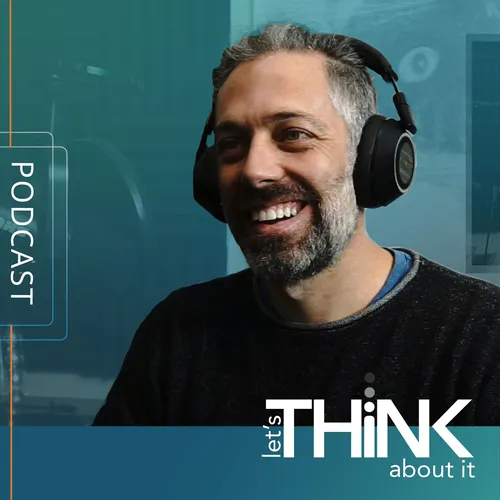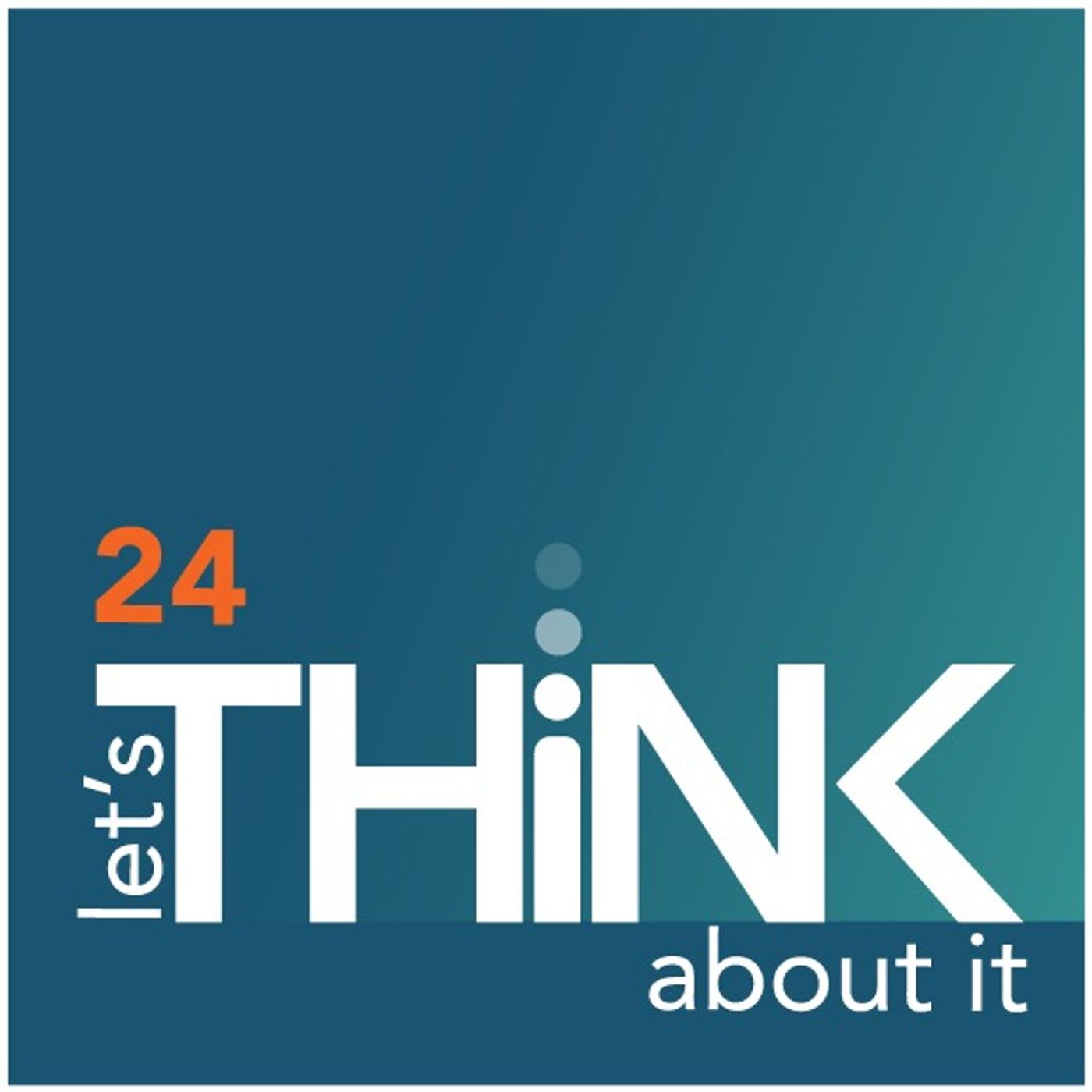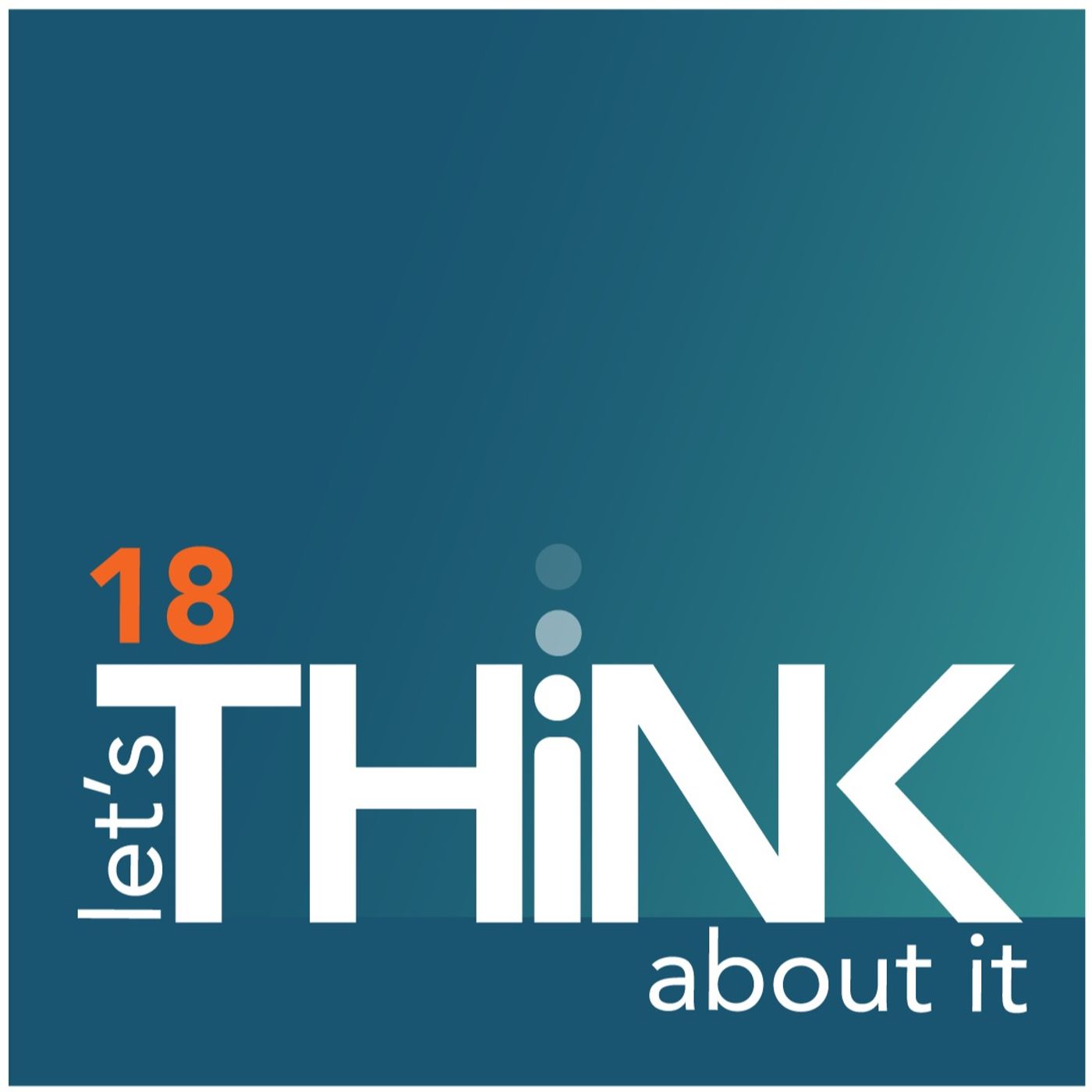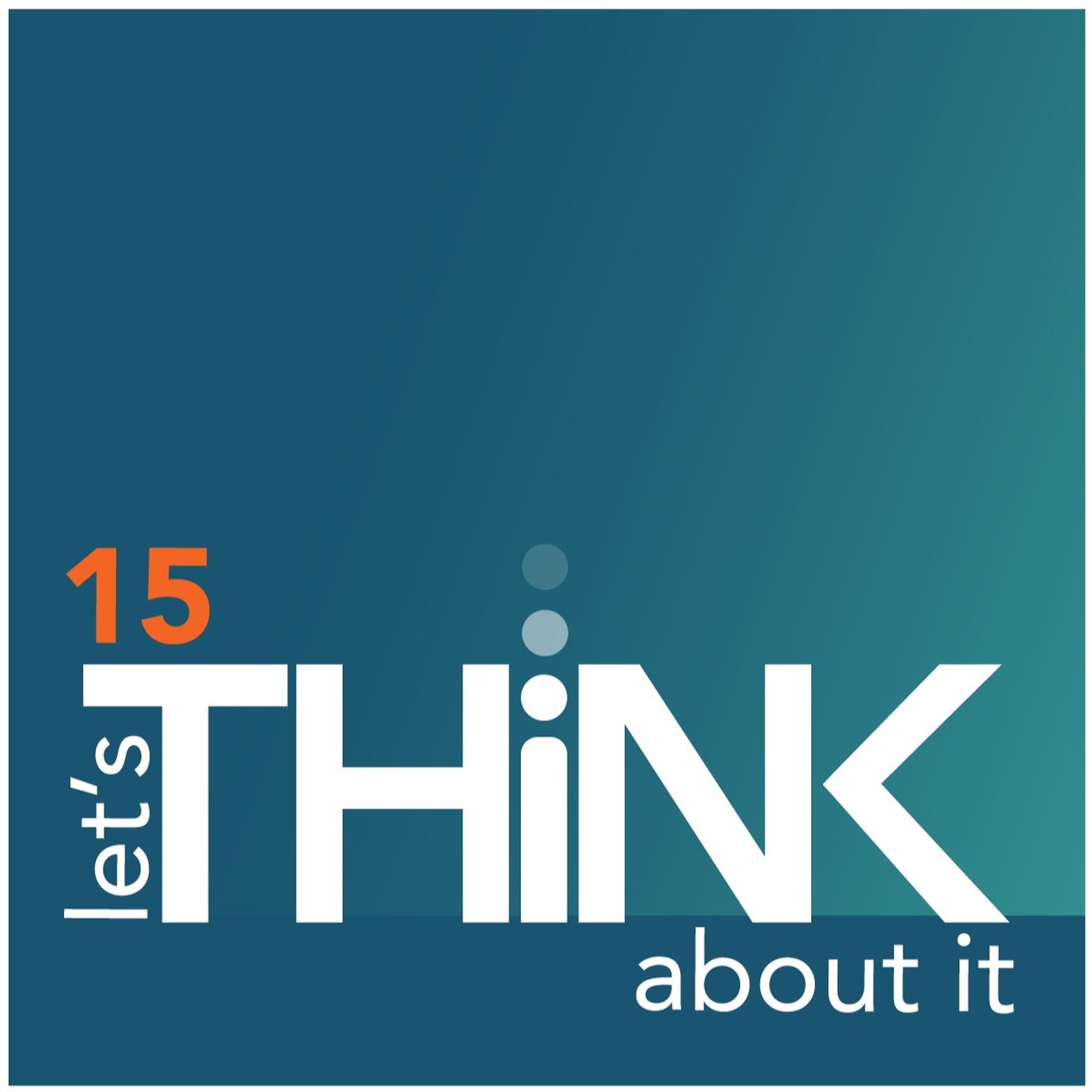
let's THiNK about it
A cultural detective's journey into philosophy, art, sociology, and psychology with Ryder Richards. (Formerly known as "The Will to DIY")
- Update frequency
- every 16 days
- Average duration
- 24 minutes
- Episodes
- 89
- Years Active
- 2020 - 2025

Truth (William James)
PART 1:
grand truths
We have become really good during our post-structuralist, deconstructionist era of pointing out the flaws in broad concepts of truth or good. Instead, we now champion individuals …

Our Malady (Lessons in Liberty)
PART I :
Rage
Snyder brings up feeling “rage” … lonely rage while lying in a hospital bed. Before COVID hit, he was in 3 hospitals and each one misdiagnosed him, or flat out ignored his desperate effo…

Moral Mazes (part 2)
Gut Decisions
“The core of the managerial mystique is decision-making prowess”
Robert Jackall
So, if decisions were easy, they would be made by someone else, so it is only the big money, big risk decis…

Moral Mazes (Part 1)
Part I: Protestant Work Ethic
Max Weber has a phrase: “secular ascetism” where you subjugate your impulses to God’s will, through “restless, continuous, systematic work in a worldly calling”. This ent…

Step 25: Addicted to Thinking
Part I
We all know we are addicted to our phones, but can it really be a bad thing to think all the time? Yes, it can. The stories we tell ourselves trigger a little a dopamine buzz, activating part o…

Xmas Decorations and Musings on Neighbors
Ryder takes a walk, and ends up musing about his neighbor's Xmas decorations, the lack of participation, and if that means anything. Expecting a conspiracy he researches the use of Xmas lights and a …

The Dangers of Common Sense
Part I
In a reaction to the previous podcast, step 23, my wife and I discussed the problem of tyrants, or mini-tyrants, who practice repressive tactics based on fear, coercion, and cronyism, and how r…

Guilt, Shame and Groupthink
Moving through the psychology of guilt vs Shame, and onto the societal implications of a shame-based or guilt-based culture, invoking Max Weber's "Protestant Work Ethic" as roots for our meritocracy,…

Tyranny of Merit (pt 2: education)
Returning to Michael J. Sandel's "The Tyranny of Merit" we tackle how the college system establishes a sorting machine based on credentials. Sandel shows how the attempt at equal opportunity through …

Tyranny of Merit (pt.1)
Michael J. Sandel, a Harvard philosophy professor, questions the assumption that by working hard and playing by the rules you deserve what you earn. This "meritocratic" notion of justice is observabl…

Breakdown of Will
Part I
We are in the era of "treat yo' self" and "you deserve it," which is at odds with the attitudes and behaviors of many successful people.
What is will power? Ryder maps out three types of will fo…

Time travel, Fate & Will
PART I : Time travel is a technology that allows us to fix mistakes, to rewrite our failures. This gives us more agency and less humility. WE begin to relate to our agency more than people. In the mo…

Stochastic Arts: The Cure for Narcissism
We first pick on Rene Descartes for championing internal reasoning as a way to know yourself, instead of community, objective reality, or some form of morals and ethics. In Matthew Crawford's "Shopcl…

Madness and Oscillations
Drawing from ideas in "Marginal Revolution" and "Sapiens," Ryder discusses some ideas on how our society is formed through tribes and stories. The internet and social media have thrown a wrench in so…

Surveillance Capitalism
In this episode Ryder discusses how ideas become pervasive. We accept that technology is progress, and the thing we created, now controls us under the guise of being essential or more efficient. And …

The Post-Panopticon
In Part I we recap some of Foucault's panoptic implications, and then begin to consider some critiques of his ideas, with a heavy emphasis on Gilles Deleuze and how the controlled environment and "pr…

The Panopticon
After discussing the social contract and the balance of "Freedom From/Freedom To" Ryder looks at another form of social power dynamics that stem from ideological prison design, grow into institutiona…

The Social Sphere and Communicative Action
Part I: Isaiah Berlin's notion of Freedom From/Freedom To and how that relates to the social contract in a way that shows you really are not all that free. Your body and life actually belong to the s…

Social Contract: Freedom To, Freedom From
Pulling from Isaiah Berlin's Positive and Negative Freedom, Ryder looks at the "social contract" and the tacit promise of safety (Freedom From) in exchange for taxes and good citizenship. There are n…

Economy or Life?
Drawing from a great article, "Economy of Life?," Ryder discusses some thoughts on how people make decisions based on emotion instead of intelligence. (Yes, Ryder is aware, the 'economy or life' dist…